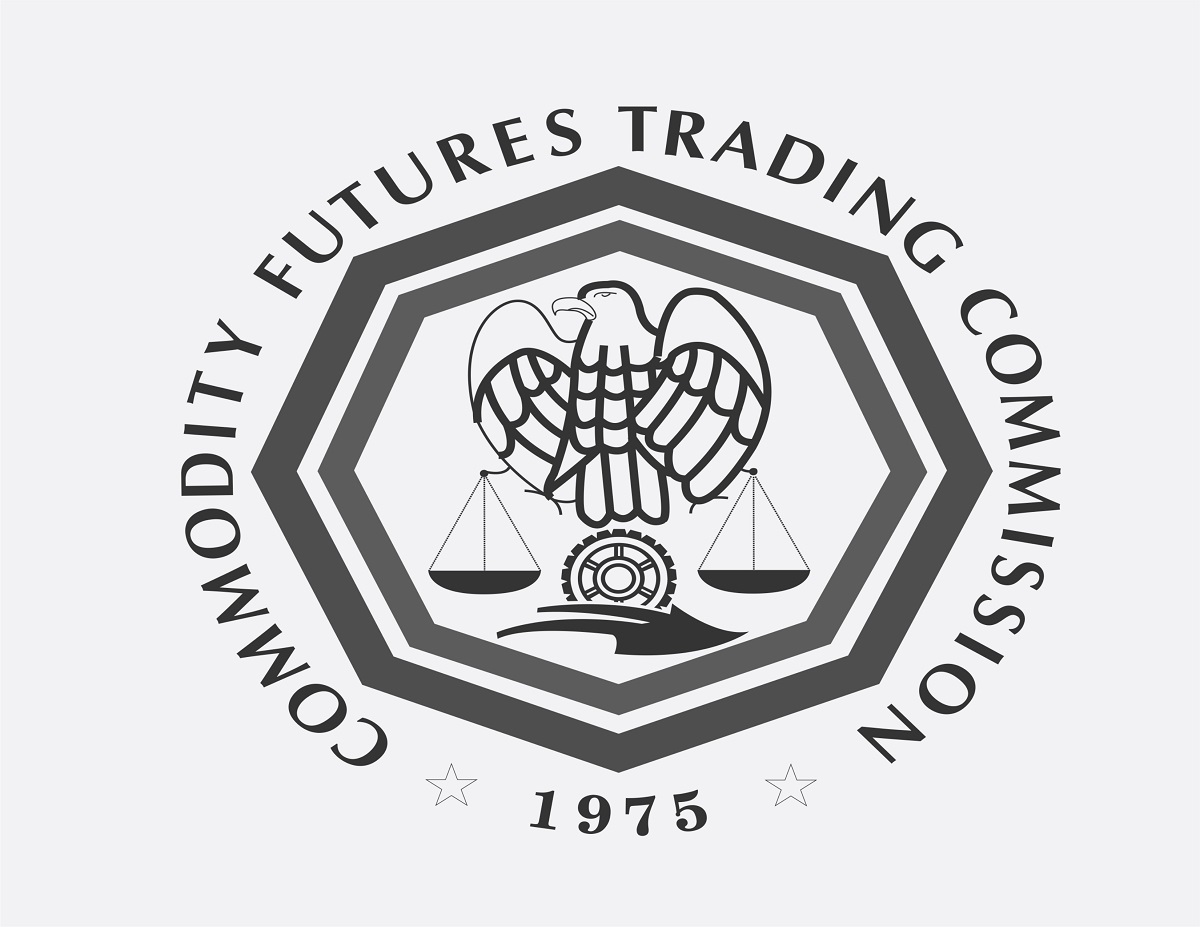On January 8, in a development described by observers as groundbreaking, the Technology Advisory Committee of the Commodity Futures Trading Commission (CFTC) recently voted 14-1 to adopt a 79-page report on DeFi (decentralized finance), marking the first of its kind by any government agency worldwide.
The report came after a legal victory against cryptocurrency giant Binance in a deal that saw Binance and its former CEO, Chanpeng Zhao, pay over $2.8 billion in fines.
In a statement announcing the report on Monday, CFTC Commissioner and Technical Advisory Committee sponsor Christy Goldsmith Romero suggested the hostilities between the CFTC and decentralized exchanges are far from over.
“I hope that this report can serve as a first step to facilitate a dialogue between policymakers and industry, particularly because DeFi remains at the center of illicit finance risks, cyber hacks, and theft,” Christy Goldsmith said. The statement also decried the prevalence of illicit finance risks in DeFi, recommending the report as a resource for federal regulators to understand the industry and inform regulatory policies about decentralized finance.
A Deep Dive
Prepared by industry experts in the CFTC Technology Advisory Committee, the report is a deep dive into the meaning, analysis, and risks of decentralized finance.
Here are quick summaries of the most essential points in the 79-page report:
- The report includes detailed definitions of DeFi to increase the technical understanding of the industry and establish data gathering and mapping strategies to highlight connections between the industry and potential cybersecurity concerns.
- It also explored unique features of DeFi products to establish if they fall under the jurisdiction of any US financial regulator. The report also recommends essential areas to expand regulatory frameworks to address risks and include the DeFi industry in financial regulation.
- Additionally, the 79-page report includes a peer review mechanism per policy, which identifies provisions for DeFi regulation to explore how it can benefit future policy discussions in the United States.
- A section of the report addressed the numerous potential risks from decentralized finance products, including conflicts of interest, algorithmic failures, over-leverage, and illicit finance.
- Another section explored possible policy responses to address those risks, including balance sheet regulation, regulatory supervision, and third-party auditing, among other recommendations.
- The report also recommends collaboration with key DeFi stakeholders in the international community, from international standard setters to DeFi builders, to propose future policies to regulate the use of DeFi products in the United States.
- The report includes recommendations to path current loopholes that make DeFi a great way to bypass anti-money laundering and counterterrorism financing (AML/CFT) protections.
The report is not an introduction to DeFi for beginners but is detailed enough for a government report that informs public policy.
How Observers Reacted
Many observers hailed the report as groundbreaking. It is the first time any government agency consciously tried to understand the peculiarities of DeFi regulation as it relates to cryptocurrency.
With little debate about it online, some DeFi stakeholders opposed the document. Twitter user duelingGalois.eth (@duelinggalois) described the proposed DeFi protections as unwanted, with a class action lawsuit as a collective regulatory opt-out.
Who Voted on the Report?
The Technology Advisory Committee (TAC) of the CFTC adopted the report after a near-unanimous 14-1 vote in favor of adoption. Comprised of 15 members, Commissioner Christy Goldsmith Romero sponsored the TAC, while Tony Biagoli holds the Designated Federal Officer seat.
Most TAC committee members are tech industry experts with various levels of experience in different fields, from Michael Greenwald of Amazon Web Services to Metrika CEO Nikos Andrikogiannopoulos.
While the committee has well over 20 members, only 15 were present during the adoption of the report, with 14 voting in favor and a single person voting against. There isn’t any publicly available information about the committee members present at the meeting or how they voted at the time of filing this report.








